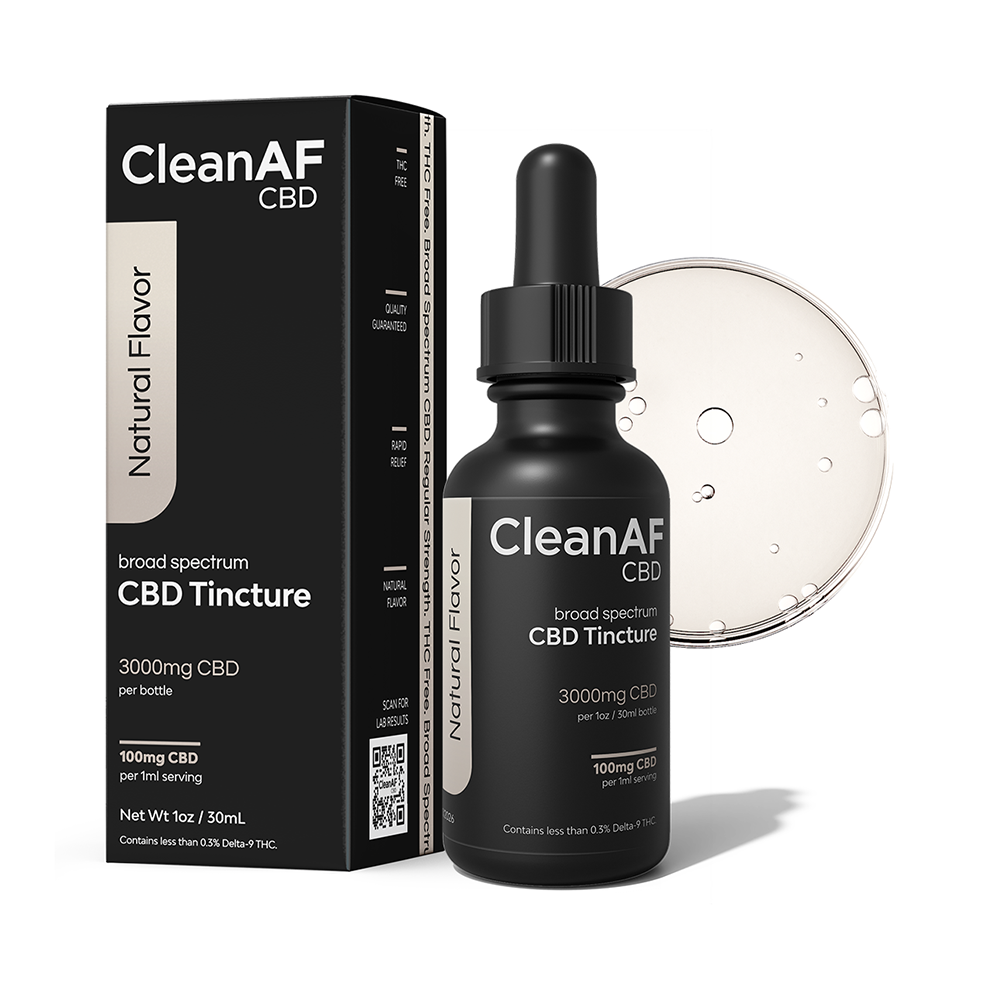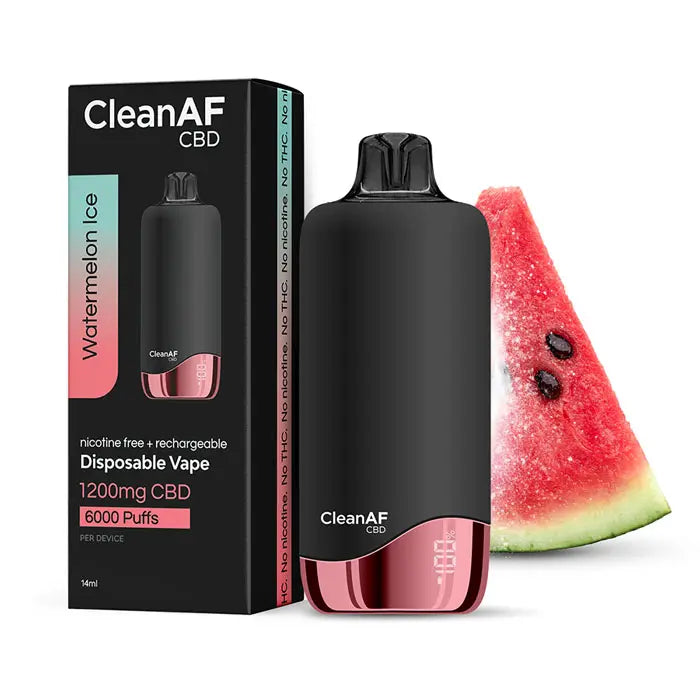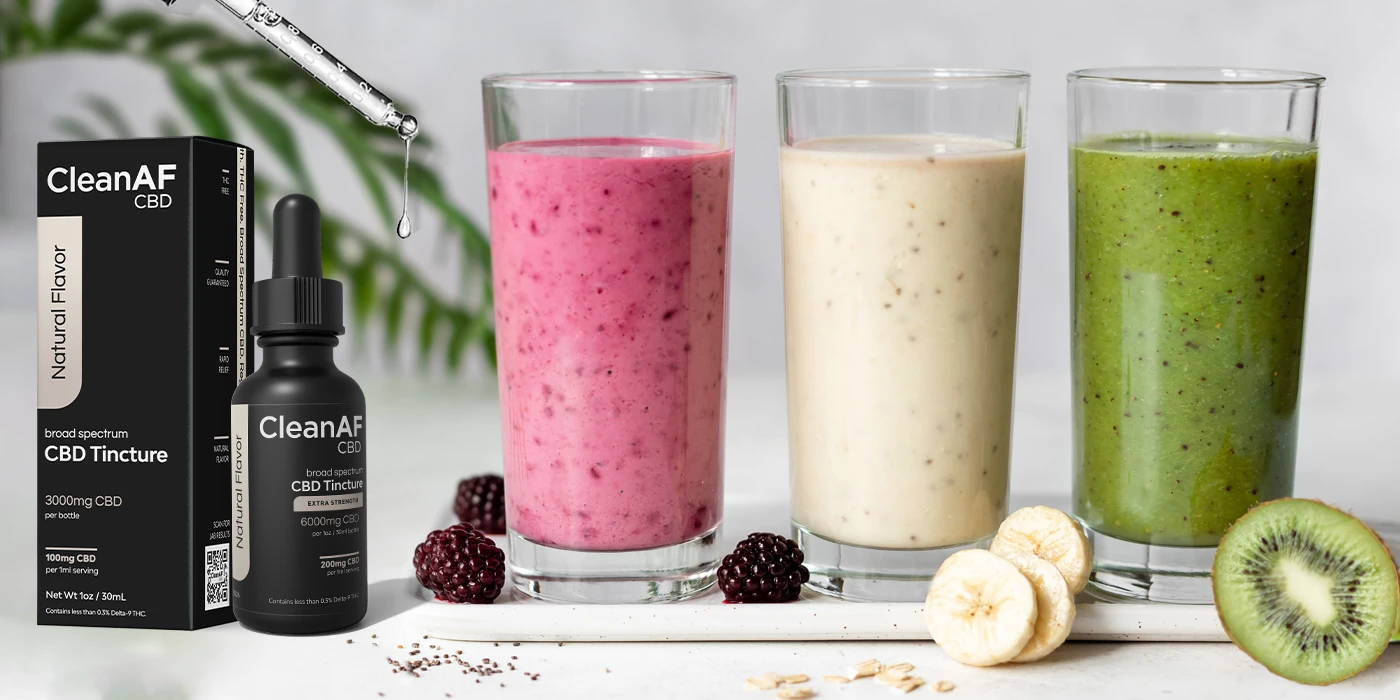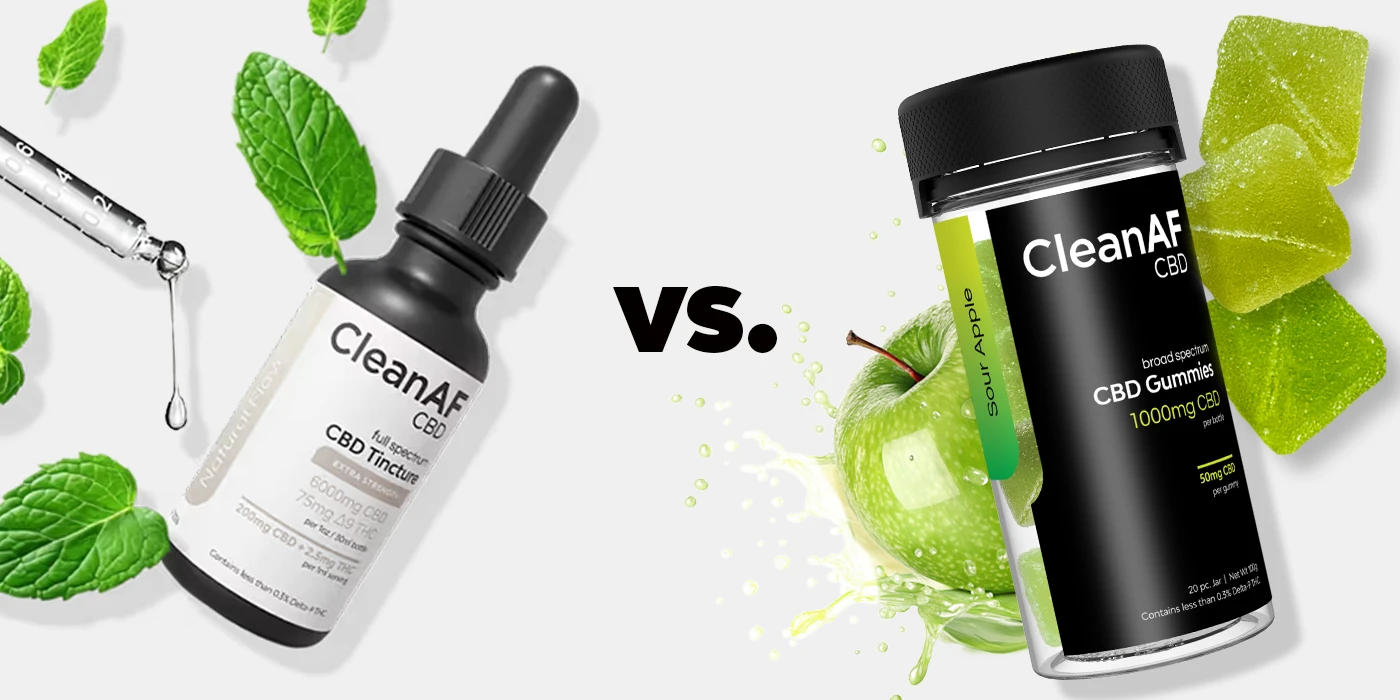
Thank you! Your submission has been received!
Oops! Something went wrong while submitting the form.
0
Your cart is empty. Let's change that!
Back to ShopOops! Something went wrong while submitting the form.
Join our Newsletter and save 15% on your first order + Receive all CleanAF News.
Want to save 15% on your first order?
You're signed up! Check your email for confirmation!
Oops! Something went wrong.


























































.svg)




